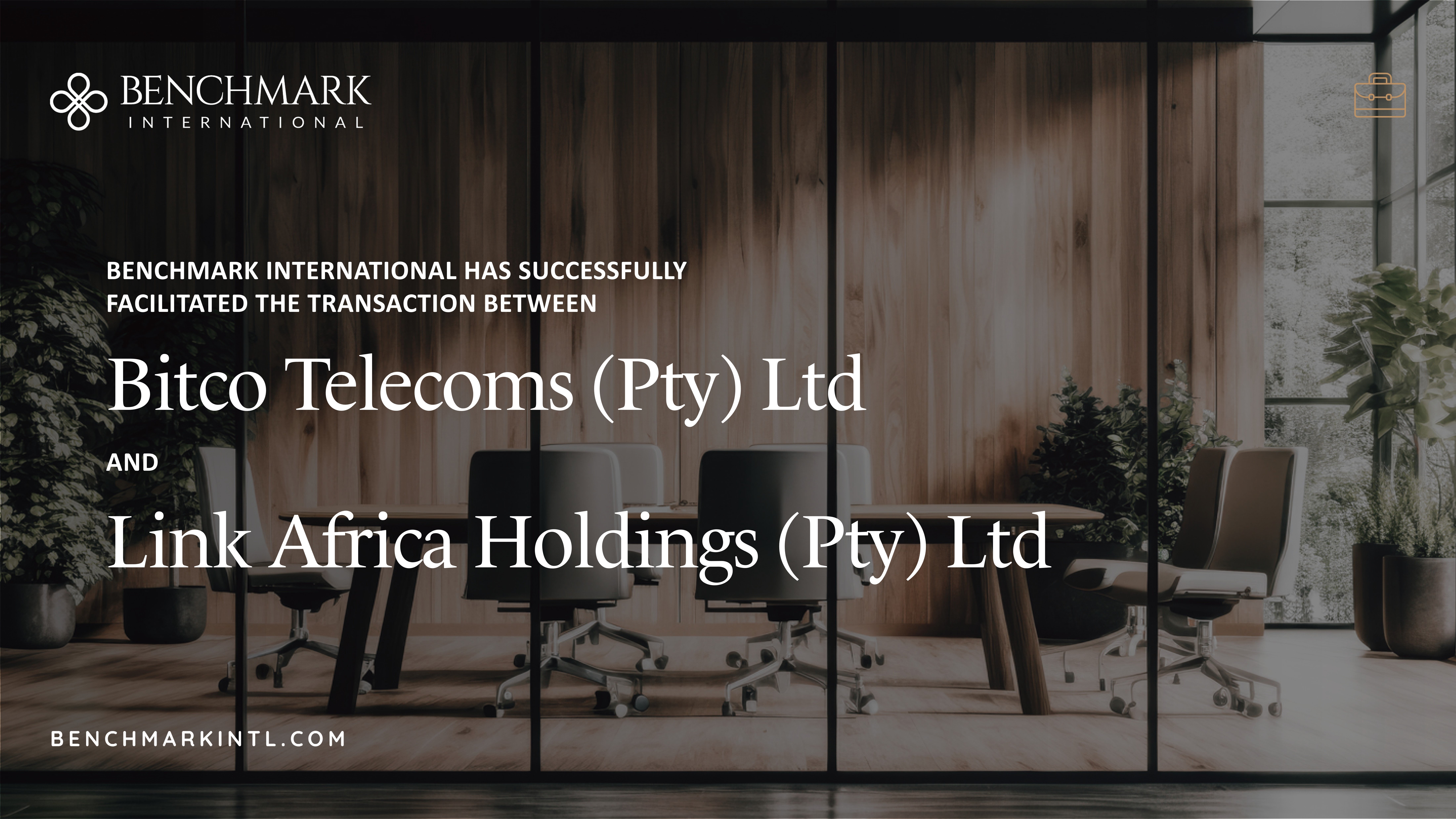
Decentralized finance, also known as DeFi, makes financial products available to anyone on a decentralized blockchain network. Through this relatively new software system, all parties can interact directly through applications, eliminating a need for middlemen such as banks or institutions to facilitate transactions. It also eliminates a need for proof of identification or age requirements that banks typically require. There is no need for anyone to know anyone else’s identity. Everything occurs over a public blockchain, using smart contracts, which are bits of code that execute specified actions once certain criteria have been met. It’s based on mutual trust and strict privacy.
So how does this work? For example, say you and a friend create a blockchain smart contract. The terms are that your friend pays you 10 bitcoins if it rains on the same day that the Yankees lose, according to data from the NOAA and MLB websites. But if it doesn’t rain, even if they lose, your friend pays you 10 bitcoins. The transaction is automated by stipulations written into the contract’s code and can be achieved by multiple technologies and protocols, such as open-source, blockchain, and proprietary software. DeFi aims to eliminate any intermediary and give users more control over their money via personal wallets regardless of the systems used.
DeFi has also been referred to as “disrupt finance” because of its disruptive nature versus traditional finance. As an investor, you may not think DeFi is for you, but you should still take a moment to understand it. It’s still a young technology, but the space erupted in popularity over the last year.
The Rapid Rise of DeFi
DeFi is growing with some serious momentum. A common measure for growth in DeFi is something called “total value locked (TVL).” It calculates the amount of crypto committed to DeFi smart contracts to conduct financial services. TVL has skyrocketed from $2 billion to $108 billion in the past year, peaking at more than $150 billion in May of 2021. During the first half of the year, investors poured roughly $2 billion into DeFi protocols.
While its popularity is on the rise, DeFi protocols can still be a little too complicated for everyday consumers because it comes with a high level of tech jargon and rather a wacky terminology. There is also a high probability of hacking and scamming. In the coming years, much of this hostile activity is expected to be reigned in by regulations as its infrastructure continues to be built out, as there is currently minimal regulation. In its early years, the Internet was once a relatively obscure place for everyday people to navigate. The DeFi world should follow suit in evolution to become more simplified and consumer-friendly. While it’s still young, it is likely to become more mainstream in the future. Investors may want to learn about it while it’s still in its infancy to stay ahead of the game.
Change is already happening. Even the more conventional financial players are now getting involved in DeFi. Many large financial institutions are starting to accept DeFi, and looking for ways to participate. For example, 75 of the world’s largest banks are now using blockchain technology to facilitate faster payments through the Interbank Information Network, led by JP Morgan, ANZ, and the Royal Bank of Canada. And in July, the Securities and Exchange Commission approved an ethereum-based fund for the first time. And we are also now seeing DeFi activity in mergers and acquisitions. Last year, two DeFi protocols merged—Yearn and Pickle—to create new strategies and boost yield farming incentives.
The Layers of the DeFi “Stack”
A DeFi “stack” is comprised of four layers. You don’t necessarily need to understand these layers to participate, but it can be helpful to get a better picture of how things work.
- The Settlement Layer, or Layer 0: The base layer that other DeFi transactions are built on. It uses a public blockchain, and transactions are settled using its native digital or cryptocurrency. Ethereum is an example of a settlement layer, and it uses its native token called ether, which is traded at crypto exchanges.
- The Protocol Layer: It provides liquidity to the DeFi ecosystem. Synthetix is an example of a DeFi protocol, which is a derivatives trading protocol on an Ethereum settlement layer. It creates synthetic versions of real-world assets.
- The Application Layer: This is where consumer-facing applications live. They translate underlying protocols into simplified consumer-facing services.
- The Aggregation Layer: Here, aggregators connect various apps from the Application layer to offer a particular service to investors, such as lending, borrowing, or banking. It could be a monetary transfer between financial instruments to maximize returns. In the physical world, such a transaction would require significant paperwork. But this tech-based world allows traders to switch between different services quickly.
Contact Us
Contact us at Benchmark International to begin your exit strategy or explore your growth opportunities. We have the expertise, global connections, and digital tools to help you find the right fit.
Americas: Sam Smoot at +1 (813) 898 2350 / Smoot@BenchmarkIntl.com
Europe: Michael Lawrie at +44 (0) 161 359 4400 / Lawrie@BenchmarkIntl.com
Africa: Anthony McCardle at +27 21 300 2055 / McCardle@BenchmarkIntl.com
ABOUT BENCHMARK INTERNATIONAL
Benchmark International’s global offices provide business owners in the middle market and lower middle market with creative, value-maximizing solutions for growing and exiting their businesses. To date, Benchmark International has handled engagements in excess of $7B across various industries worldwide. With decades of global M&A experience, Benchmark International’s deal teams, working from 14 offices across the world, have assisted hundreds of owners with achieving their personal objectives and ensuring the continued growth of their businesses.
Website: http://www.benchmarkintl.com
Blog: http://blog.benchmarkcorporate.com
 Benchmark International
Benchmark International  Benchmark International
Benchmark International 






